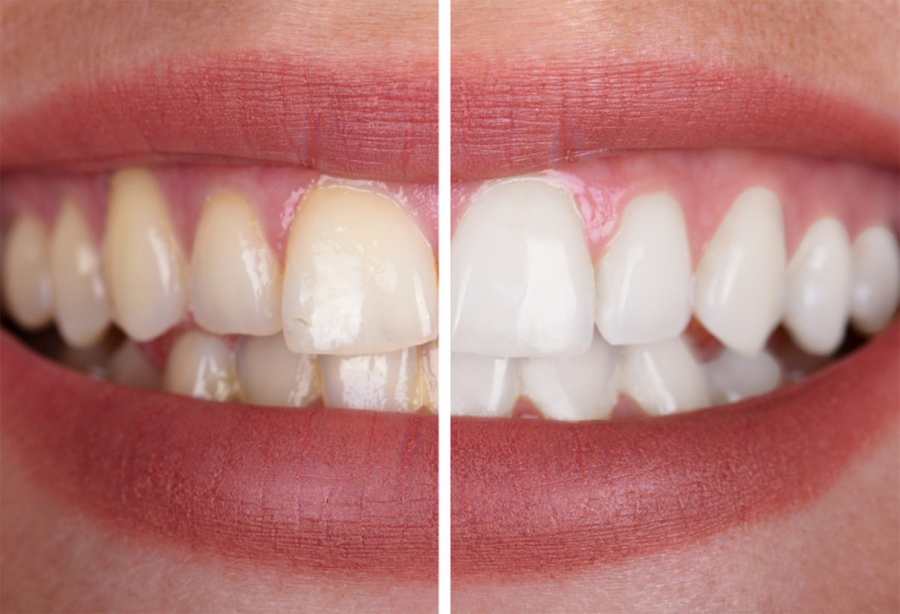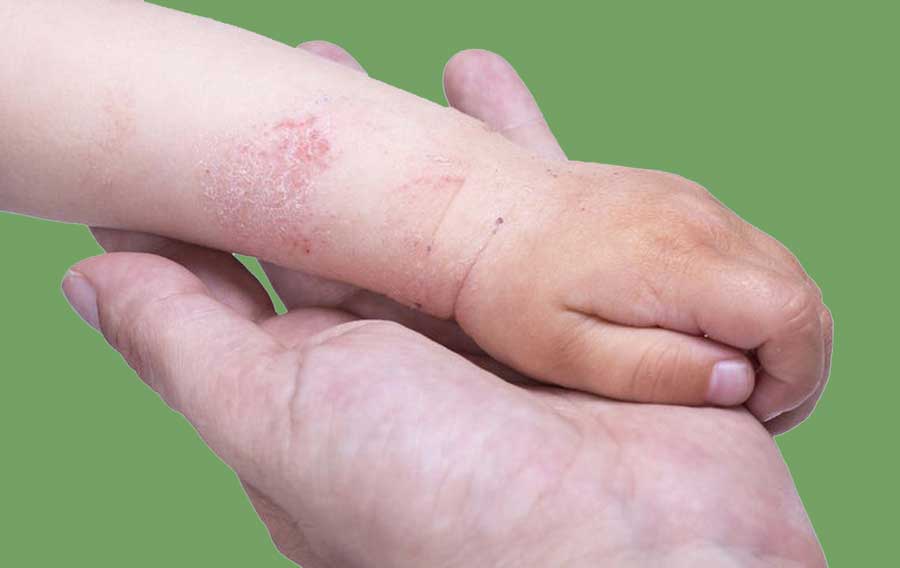Low testosterone and insomnia have a reciprocal effect. Insomnia lowers testosterone production and Low T causes higher cortisol levels which lead to insomnia.
Another restless night has you feeling tired all day. What can you do? Find out all there is to know about low testosterone and insomnia because that could be your problem. Low testosterone is a significant issue for men after they turn thirty. That is the time that their bodies begin to decrease testosterone. A decade or two down the road can find you with Low T and sleep disorders.
Women – do not click away from this page. Everything we are going to say has to do with you, too. Low testosterone could be associated with your restless nights, as well.
When it comes to low testosterone symptoms, insomnia is right up there with decreased muscle mass, loss of bone density, lack of libido, and weight gain. Information on the internet may well confuse you about this topic. Some websites will say that low testosterone can lead to insomnia. Others will tell you it does not, but that insomnia can cause Low T.
Which do you believe?
In truth, it is a bit of both. Hormonal imbalance can sometimes interfere with sleep, and lack of sleep can cause hormonal imbalance.
For a person with low testosterone, severe insomnia can further worsen that condition. Either way, our goal is to help you get to the root of your sleepless nights. If low testosterone or another hormonal imbalance is the issue, better sleep may soon be in your future.
*Sleep and hormones such as testosterone have a reciprocal impact on one another.
Why Does Low Testosterone Affect Your Sleep and Cause Insomnia?
The first link between low testosterone and insomnia has to do with another hormone – cortisol. You probably know this as the hormone associated with stress. Although your body does require a little cortisol each day, too much will interfere with you falling asleep. Elevated levels of cortisol keep your body in a state of high alert well into the evening hours. That is the time your circadian rhythm wants you to relax. Cortisol prevents you from relaxing.
As the evening wears on, you cannot drift comfortably off to sleep. Instead, you toss and turn, reducing your deep sleep time each night. Why is this important? Your body uses periods of slow-wave sleep to secrete both testosterone and growth hormone into the bloodstream. Then, the cells of your body put these two hormones to work for metabolizing the food you ate, processing the day’s activities and committing them to memory, and for tissue repair and blood cell production.
If you do not get enough sleep (7 to 8 hours), you will wake up in a state of hormone deficiency. Your body will feel tired, and your brain will feel sluggish. As this process continues (it is a vicious cycle), cortisol levels continue to climb.
What makes this scenario even worse is that the higher cortisol levels climb, the lower your testosterone and growth hormone levels will get. Declining testosterone and GH tend to promote adrenal fatigue, weight gain, memory loss, and insomnia. Sleep apnea begins or worsens, causing a further decline in quality sleep. Testosterone and growth hormone also have a reciprocal effect on one another – they stimulate each other’s production.
When will low testosterone cause insomnia in women, and does testosterone decline at the same time as with men?
For women, testosterone decline begins during menopause, the same time the ovaries stop producing progesterone and estrogen. It is important to point out that progesterone is the precursor hormone for testosterone production in both the female and male body. Without enough progesterone, you can expect to suffer a decrease in testosterone secretion. Since progesterone also helps regulate sleep patterns, its decline can further impact insomnia.
*When testosterone levels decline, cortisol levels rise, causing sleep disturbances and insomnia.
The Intertwined Relationship between Insomnia and Low Testosterone
As you can see, there is an intertwined relationship between low testosterone and insomnia. The lower your testosterone levels, the higher your cortisol levels. You sleep less and produce smaller amounts of testosterone.
Now, we take it a step further by looking at how the body uses testosterone. Just as progesterone is the precursor to testosterone, so too is testosterone the provider of estrogen. An enzyme called aromatase takes some of the body’s free testosterone and converts it into estradiol – the primary form of estrogen for men and women. Estrogen is necessary to produce the neurotransmitter serotonin that regulates sleep. Lack of serotonin further influences your sleep cycle, causing restless nights.
During the day, your body responds to low testosterone, chronic insomnia, and fatigue by increasing hunger. Elevated cortisol levels stimulate the body to produce ghrelin – the hormone that causes you to eat. To get more energy, you will likely overeat or grab unhealthy choices: the result – weight gain. People who are overweight have an increased risk of developing sleep apnea. There we go – back to that intertwined relationship and vicious cycle.
*Low testosterone and insomnia are caught in a vicious cycle that continues to go around in circles – with no end in sight.
Can Testosterone Therapy Improve Symptoms of Insomnia for Better Sleep?
Lack of sleep, night sweats, sleep apnea, hot flashes – these symptoms are not only common for menopause but for andropause, as well. Yes, men can suffer from night sweats and hot flashes, too. Finding out if you have low testosterone or any other hormonal imbalance is the pathway to a good night’s sleep. When you are dealing with insomnia and low testosterone levels, your body cries out for you to put it back in balance. Restless sleep is a cry for help. When you realize that, you can take the first step towards better sleep.
Testosterone replacement therapy immediately reduces the level of cortisol in the bloodstream. Lower cortisol levels mean that you can start to relax at night. Drifting off to sleep becomes easier. You find that you begin to sleep longer, and more deeply. As a result, your body produces increased levels of testosterone and growth hormone. Together, those hormones promote better sleep and well-being.
To learn how to find out if testosterone therapy can help rid you of insomnia and improve your sleep, contact our hormone clinic for a free consultation. Do not let low testosterone and insomnia rule your life. We can help. If you need additional information read more here
*Testosterone therapy helps reduce cortisol levels so you can banish insomnia and sleep better at night.











